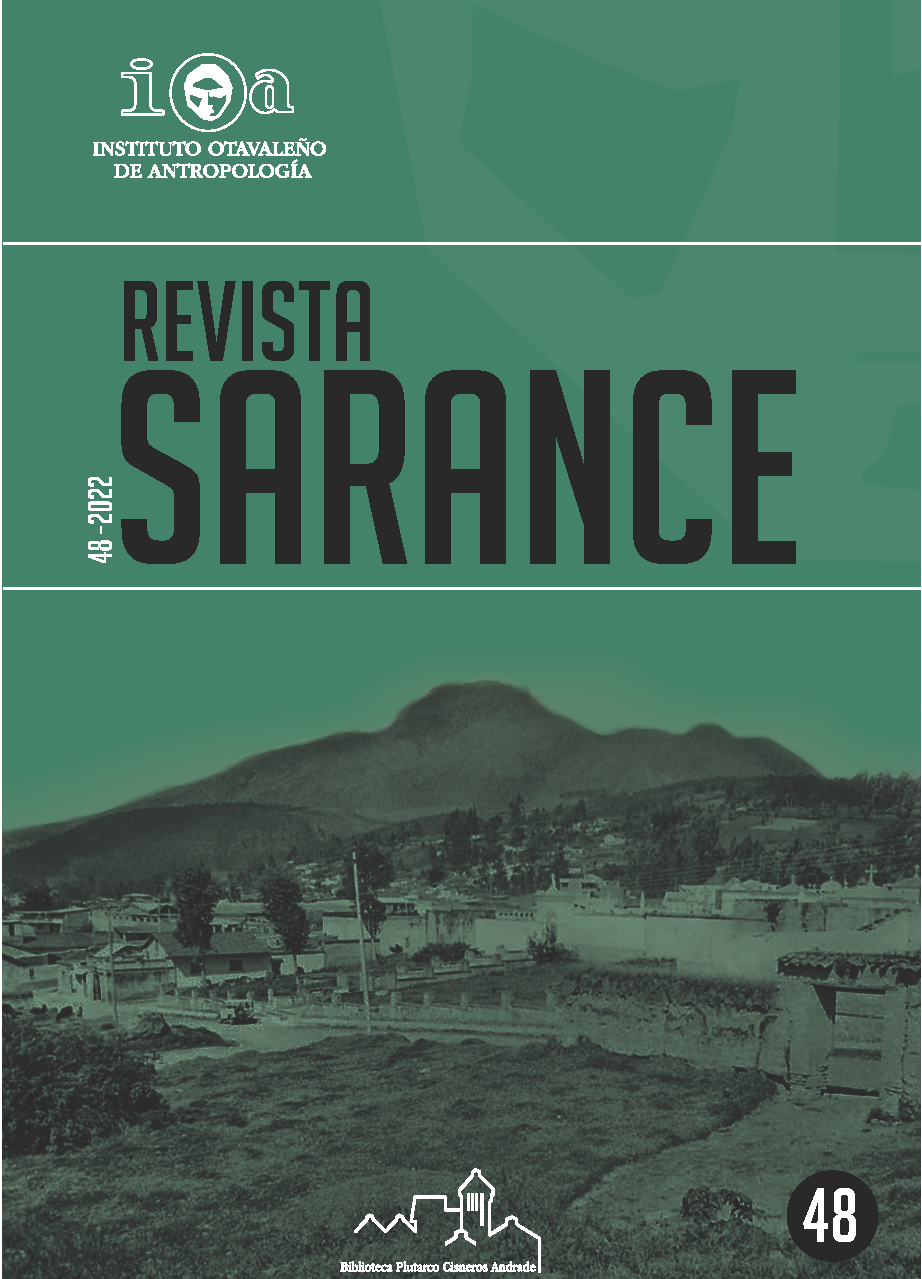Abstract
In 1809 the First Cry of Independence took place in Quito, whose resonance spread throughout the continent, becoming the beginning of the emancipation struggles that, in the case of Ecuador, culminated on May 24, 1822 with the Battle of Pichincha. In addition to the philosophical currents coming from the French Enlightenment, in the construction of the emancipatory discourse of 1809 the ideas of the Pactum translationis (Agreement of transfer of political power) of the Jesuit Francisco Suarez were present in a gravitating way. This doctrine contains the germ of the theories on democracy and popular sovereignty, developed in England around the controversy with the theories of the divine origin of kings, dominant in medieval Europe. After 1810 - 1812, the doctrine disappeared from the scene of the independence struggles and between 1824 and 1830 European currents were imposed that would give shape to a model of republican state that lasts until today.

This work is licensed under a Creative Commons Attribution-NonCommercial-ShareAlike 4.0 International License.
Copyright (c) 2022 Array





